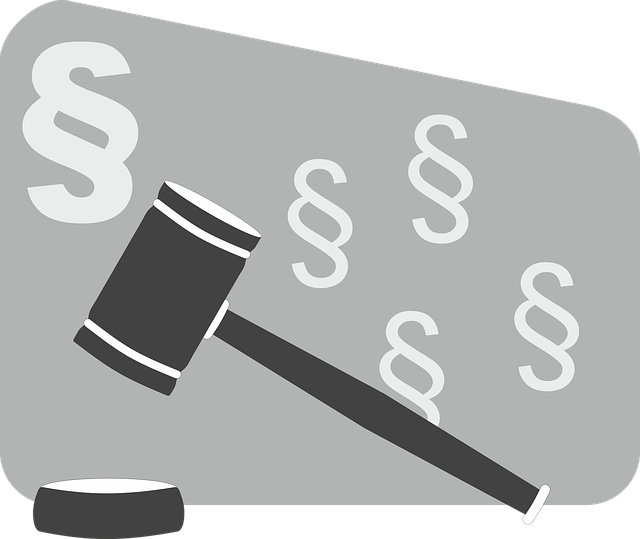Settling property disputes through litigation involves understanding diverse legal actions with distinct rules and outcomes. While less complex conflicts may be resolved through mediation or arbitration, high-stakes cases require full-scale court litigation due to significant property values, land disputes, or financial losses. These cases draw attention due to potential implications, emphasizing the need for a tailored strategy to protect interests and secure fair resolutions. The process begins with a plaintiff filing a complaint, followed by service to the defendant, court management, evidence presentation, and either settlement negotiations or a trial.
When settling property disputes through litigation, understanding various litigative paths is crucial. This article delves into the diverse types of litigation strategies for property conflicts, offering insights into their strategic considerations and navigating processes from initial filing to resolution. By exploring these options, you’ll gain a comprehensive guide to choosing the most effective approach for your specific case, ensuring the best outcome possible.
- Understanding Different Types of Litigation for Property Disputes
- Strategic Considerations in Choosing the Right Litigative Path
- Navigating the Process: From Filing to Resolution of Property Cases
Understanding Different Types of Litigation for Property Disputes
When it comes to settling property disputes, understanding the various types of litigation available is essential for individuals and businesses alike. Each type of legal action has its own rules, procedures, and potential outcomes, making it crucial to choose the most suitable approach. For instance, while some conflicts can be resolved through mediation or arbitration, more complex or contentious issues might require full-scale litigation in court.
In the context of high-stakes cases involving significant property values, land disputes, or significant financial losses, litigation becomes a necessary tool for justice and resolution. These cases often attract the attention of both philanthropic and political communities, as they may have far-reaching implications. Avoiding indictment is a key consideration in such scenarios, as parties seek to protect their interests while ensuring a fair and just outcome.
Strategic Considerations in Choosing the Right Litigative Path
When facing a property dispute, navigating the legal system requires strategic thinking to select the optimal litigative approach. Settling property disputes through litigation offers various paths, each with its own advantages and drawbacks. Understanding the nuances of different legal processes is key to achieving a favorable outcome. For instance, while a general criminal defense strategy might be suitable for certain cases, it may not always align with the specific goals of resolving land or contractual disagreements.
The right litigative path depends on factors such as the complexity of the dispute, available evidence, and the client’s preferences. In high-stakes cases, where significant financial or emotional investment is at stake, a tailored approach becomes even more critical. By carefully considering these aspects, legal professionals can guide their clients towards the most effective strategies to protect their interests and achieve resolutions that meet their unique needs.
Navigating the Process: From Filing to Resolution of Property Cases
Navigating the legal process for settling property disputes through litigation can seem daunting, but understanding the steps involved is key to a successful resolution. It begins with filing a complaint, where a plaintiff outlines their claim and seeks legal redress. This marks the official start of the case, triggering a series of actions that include service of the complaint to the defendant and subsequent responses from both parties.
As the process unfolds, courts play a crucial role in managing all stages of the investigative and enforcement process. Each party presents their evidence, arguments, and testimonies, with legal representatives guiding them through complex procedures. For high-stakes cases involving substantial property or significant financial implications, expert witnesses and specialized legal strategies often come into play. Ultimately, the court’s decision aims to provide a fair and just resolution, either through settlement negotiations or, if necessary, a trial.
Settling property disputes through litigation requires a strategic approach, understanding various types of legal proceedings, and navigating complex processes. By considering the unique circumstances of each case and choosing the right litigative path, individuals can effectively resolve property-related conflicts. From filing initial documents to eventual resolution, a comprehensive grasp of these steps is essential for successful outcomes in property disputes.






